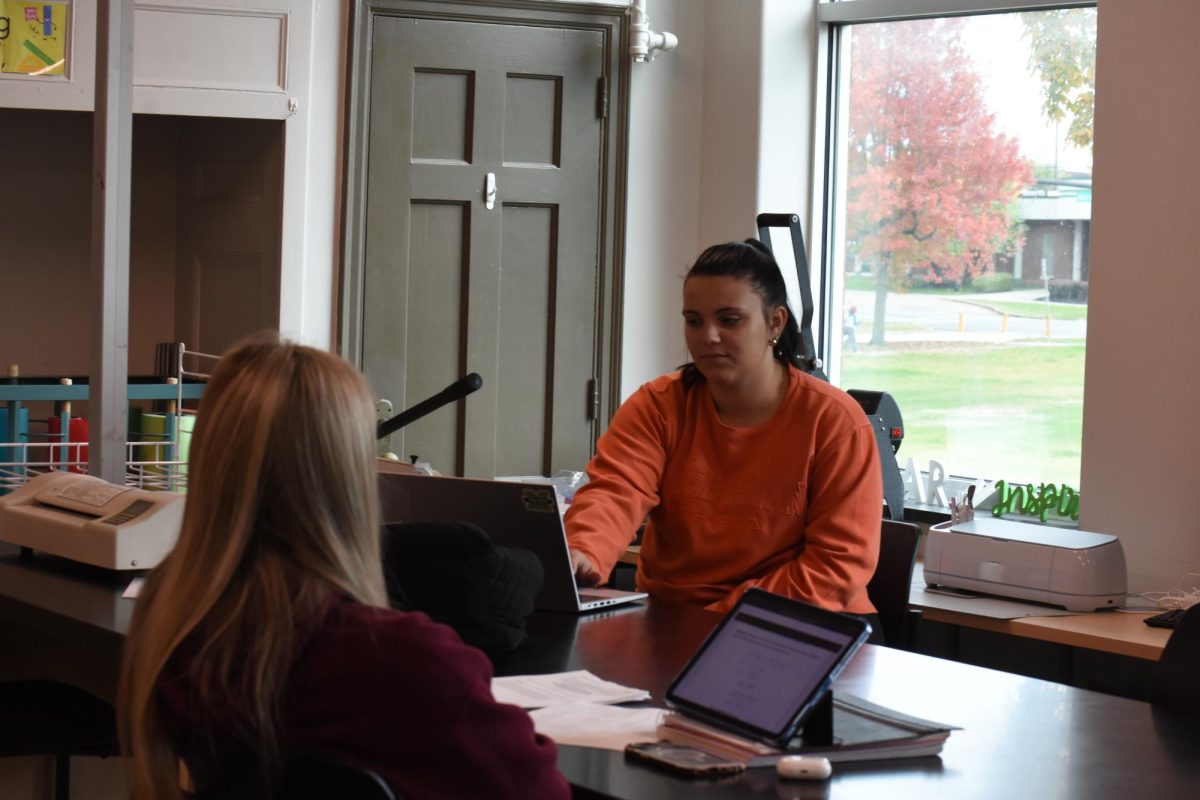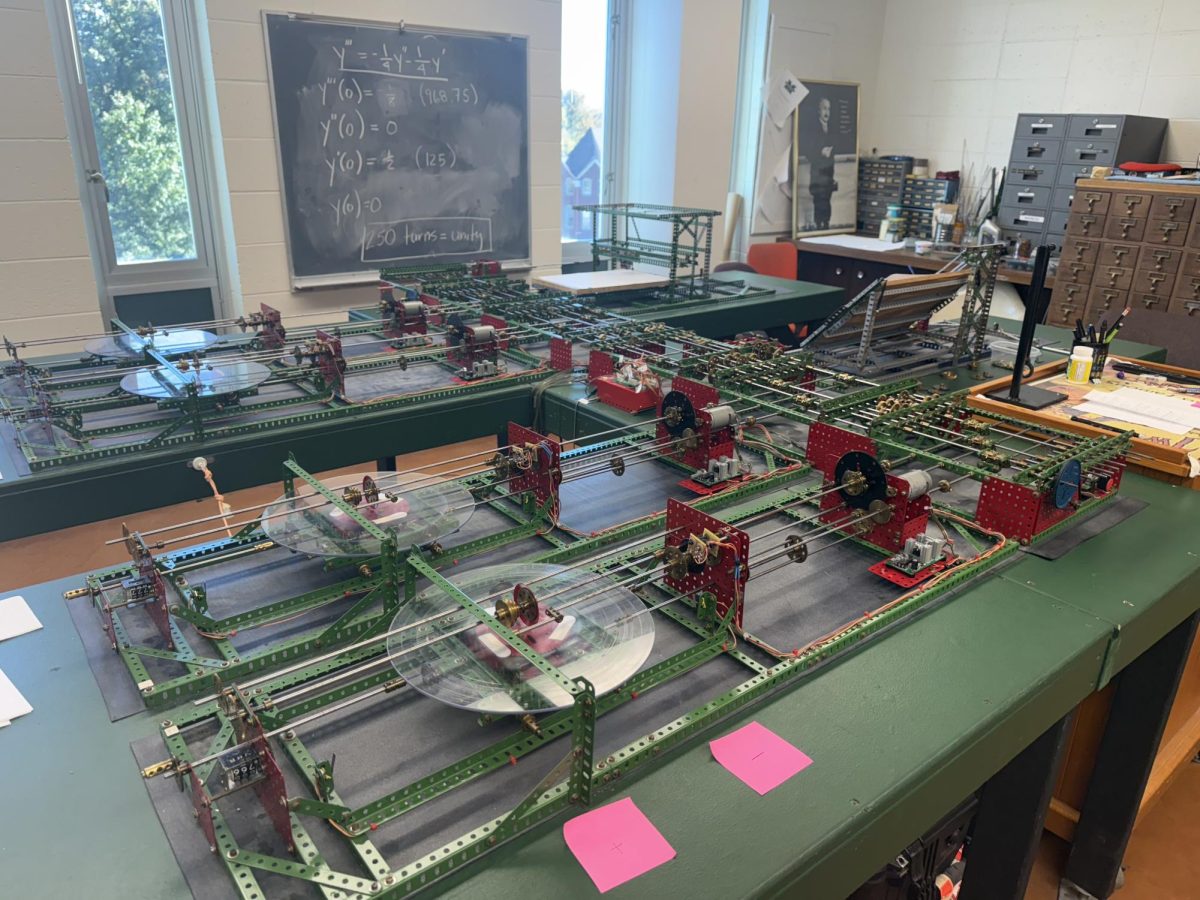Although athletic training, exercise science and biomechanics students typically study changes within the body, this semester, it is their school that will be undergoing change.
The College of Health Professions’ School of Kinesiology has recently been rebranded as the School of Health and Movement Sciences, encompassing the school’s integration of physical activity, health and wellness in its disciplines.
Gary McIlvain, the associate dean of the College of Health Professions, said the driving force behind this change was the program’s pursuit of an accreditation for strength and conditioning.
“The strength and conditioning accreditation is a couple years old, and I think they’re one of the things moving through a standard of care and training because there’s some massive injuries that can happen to athletes when they’re using very high weights,” McIlvain said.
Beginning in 2030, students looking to gain their Certified Strength and Conditioning Specialist credential will be required to have graduated from an accredited program, McIlvain said.
While the School of Health and Movement Sciences is still on its way to receiving the accreditation, McIlvain said he looks for it to be completed in December. Strength and Conditioning will also be added as a major at both the undergraduate and graduate level in the school.
A former athletic trainer himself, McIlvain said the school has seen success with its previously-accredited athletic training program, which is a 3+2 program.
“They can finish both in five years with nothing else completed, as long as you’re eligible to go into the appropriate coursework without remedial work,” the associate dean said.
“So, it’s moving them through to the master’s degree quicker because other schools, you finish an undergrad degree and then do two years master’s year-round, and the cost is vastly different,” he added.
As for the current cohort of graduate athletic training students, McIlvain said there are 23, although the national average is 8.
One of these students is Monica Thompson, an 18-year-old from Wellston, Ohio, who just began her journey at Marshall last summer.
Having graduated high school with an associate’s degree from Rio Grande University and several certifications in sports medicine, Thompson promptly finished her undergraduate degree in athletic training and is now on her way to receiving her master’s.
“It was a team effort, for sure,” Thompson said. “Dr. McIlvain, I remember when I started, he was like, ‘Oh, crap, you’re going to be so young when you’re graduating, so we’ve got to get this ball rolling.’”
Thompson said the ball could not have rolled without the support system she has built within the School of Health and Movement Sciences, all of whom have helped her navigate scheduling, applying and graduating – all of which she has done or will do before she turns 21.
“I was excited but also very worried because I’ll be working with kids that are my age at my school, so these people probably know me from sports I’ve played,” she said. “But I am very grateful for everyone that has done this for me, allowed me to get this far, because it’s an amazing thing to accomplish at such a young age.”
McIlvain said a major in the School of Health and Movement Sciences would be suitable for students, like Thompson, who are self-motivated and inspired by hands-on learning, as many of the classes have lab components.
“They’re doing these things to take what they’ve studied from the book and put it in real life,” he said. “Well, ‘How does it actually happen?’ ‘How does it actually present when a person talks about it versus what the book told me?’”
Aside from the cost of the program, the real-world experiences students can receive in the classroom are what sets Marshall’s program apart from others, McIlvain said.
More information on the majors within the School of Health and Movement Sciences can be found on its current webpage, https://www.marshall.edu/kinesiology/.
Baylee Parsons can be contacted at [email protected].




















